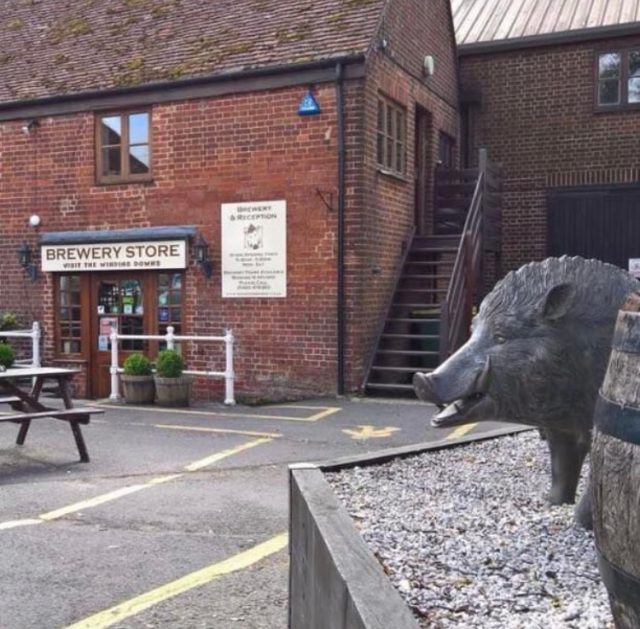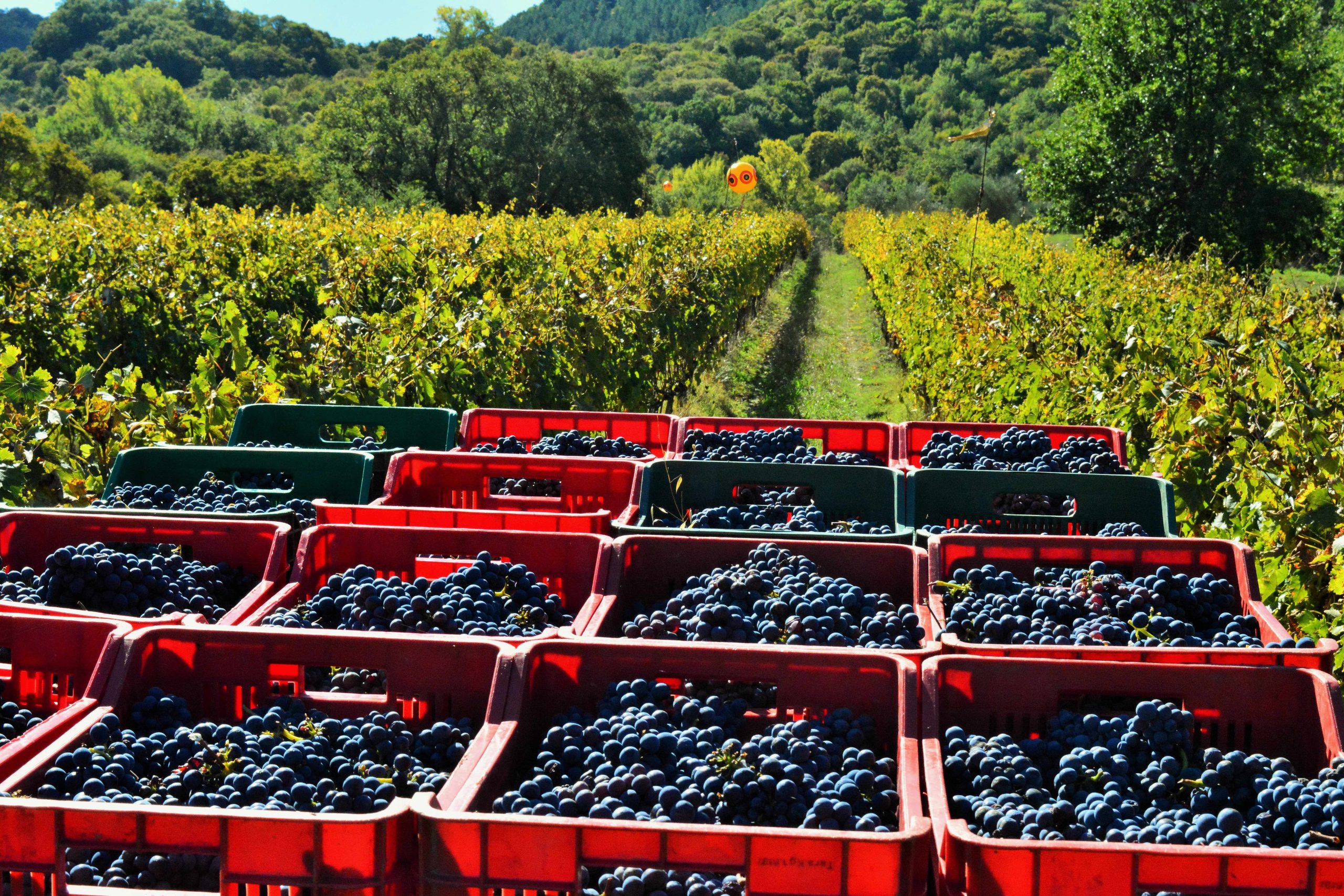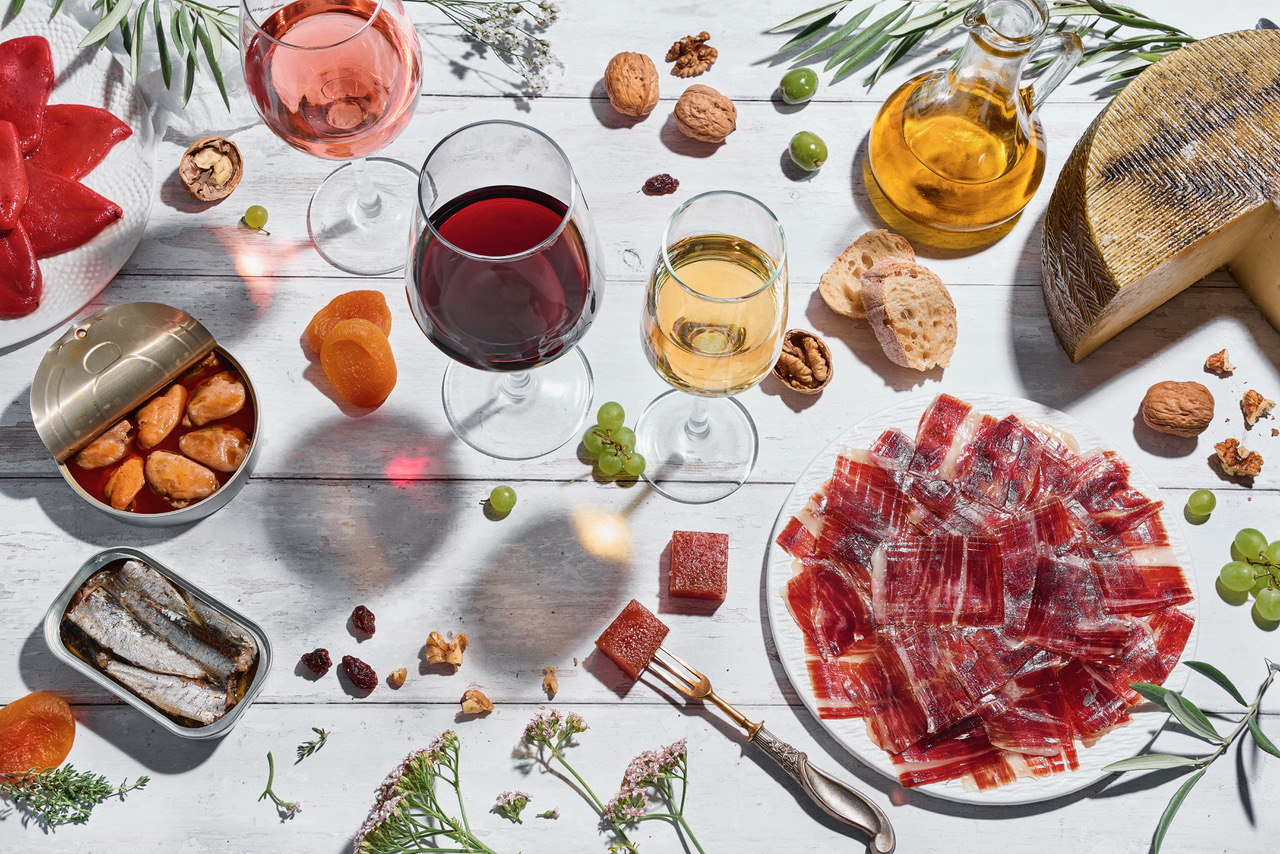CMBC’s closure of Ringwood Brewery called ‘corporate vandalism’
The beer sector is aghast at discovering Carlsberg Marston’s Brewing Company (CMBC) plans to close Ringwood Brewery calling the move “corporate vandalism” and a “tour of destruction”.

The business, which includes the Hampshire brewery and shop sites and has been running for 45 years, went up for sale six months ago and has not seen any acceptable offers to save it.
According to local reports, CMBC plans to close Ringwood Brewery from January 2024 and move production of brands such as Razorback, Fortyniner and Boondoggle Banks’s Brewery, while Old Thumper cask brewing will move to Marston’s Brewery.
Fans of the beer have responded to the news as part of CMBC’s “tour of destruction” and “corporate vandalism” after the business also closed down historic brewery sites for Jennings and Wychwood before revealing its plans for Ringwood to cease operations.
In its decision to close Wychwood Brewery, which CMBC revealed in September, the beer giant claimed that the “decline of the cask ale market” was the core reason.
Speaking on social media, trade unionist Keith Flett said: “Carlsberg-Marston Tour of Destruction continues. After Jennings & Wychwood, Ringwood Brewery closes January 24.”
Another beer fan and X user Peter Grant said: “Well done @MarstonsPLC and
@cmbcuk, you have destroyed Ringwood and Wychwood breweries. The #MARS share price speaks volumes.”
Grant added that he felt sorry for the workers whose livelihoods CMBC had “taken away” and called the move “corporate vandalism”.
Razorback, Boondoggle and Fortyniner bottles are reportedly already brewed at Marston’s. While the logistics side of the operation is said to have already been moved to CMBC’s Tiverton and Farnborough sites.
Speaking to the Salisbury Journal, former city corporate finance advisor Anthony Swift who created a consortium of private investors in a bid to save Ringwood Brewery from closure has slammed CMBC’s decision as a “catastrophic” move.
Partner Content
Swift explained: “There has been no support for the brands (when did you last see a Ringwood Brewery beer glass or a beer mat in a pub?). Local sponsorships of great events like the New Forest Show, the Ellingham Show and the Great Dorset Steam Fair have been cancelled. Employment on the site has plummeted as operations have been corporately centralised and production of the bottled beers has been relocated to Burton-on-Trent, and the much loved and popular brewery tours have been cancelled.”
Swift highlighted how CMBC’s move to close the brewery down “speaks volumes about the state of corporate Britain in the 2020s” and went on to reiterate how “just 10 years ago, Ringwood Brewery was operating at capacity, producing about 42,000 barrels of beer a year. Since then, it has lost 75% of its production and its soul.”
Speaking about the decision, CMBC CEO Paul Davies said: “Having, over the last six months, been unable to secure a sale of our Ringwood Brewery operation in Hampshire, we have made the difficult decision to announce our intention to close the site. Given its limited space and residential location, the expansion and improvements required for the site to be competitive would be challenging and extremely costly. While we believe this is the right course of action for our business it is by no means a decision we have taken lightly.”
The eradication of historic brewery sites being closed down following beer big companies swooping in and buying them up has become something of a trend as the sector has hit harder times financially and bigger business operators look to strip the costs of running such premises from their bottom line. One such example can be seen from Asahi’s decision to close Dark Star Brewery at its Partridge Green site due to the brewery operating at “significantly below capacity” and move the Dark Star beer portfolio over to its Meantime Brewery in Greenwich, London and no longer brew beers in its Sussex home.
Speaking to the drinks business a spokesperson from CMBC said: “We have made the extremely difficult decision to close Ringwood Brewery having carefully considered all options for the future of the brewery. We are incredibly proud of the effort and dedication of our people at Ringwood Brewery. Our immediate focus is on supporting our colleagues at the brewery and brewery shop who are impacted by this announcement, and ensuring all our customers understand why we’ve made the decision and our plans going forward for the Ringwood brands.”
With regards to the future of Ringwood’s beer portfolio, the spokesperson said: “CMBC will continue to brew our Ringwood brands at our other breweries which have a long, impressive track record for brewing high-quality cask ales. The cask versions of Razorback, Fortyniner and Boondoggle will be brewed at Banks’s Brewery in Wolverhampton, whilst Old Thumper in cask will be brewed at Marston’s Brewery in Burton. Both are historic breweries with tremendous heritage, and we are confident we will deliver the same great quality that Ringwood fans expect.”
Despite the decision often making fiscal sense from a business perspective, while beer is a product made from just four core ingredients, malt, hops, water and yeast with elements of those ingredients being affected by geographical location, the loss for beer lovers has been mulled by industry sources as “a decision that doesn’t just mean we lose an historic brewery, but also potentially the original beer’s flavour and identity”. One industry insider told db: “Water and yeast are vastly dependent on location and if beers are not brewed at source then the beers brewed elsewhere at a different water source all change the way that beer will taste.”
Offering a little more clarity on the closure overall, the CMBC spokesperson cited the “challenging environment for cask” along with the “UK economic outlook” ultimately leading to the decision to close.
The spokesperson told db: “CMBC is incredibly proud to be a leading brewer of cask ale, a key part of the UK’s brewing heritage. However, we’ve been clear about the incredible competitiveness of the UK beer market and the challenging environment for cask. The UK economic outlook we are having to navigate means we have to carefully consider how we operate and what we invest in to ensure the health and success of CMBC in the long-term.”
Related news
Brewdog to be bought by Tilray Brands in £33 million deal
Whisky sales outpace beer at South Korea’s biggest supermarket chain




